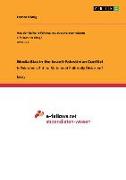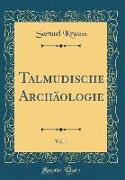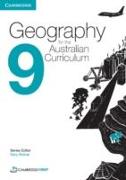- Start
- Media Bias in the Israeli-Palestinian Conflict
Media Bias in the Israeli-Palestinian Conflict
Angebote / Angebote:
Essay from the year 2011 in the subject Communications - Media and Politics, Politic Communications, grade: 1, Maastricht University, language: English, abstract: "...Every message gets distorted when covered in the media..." states Luyendijk (2009, p.236). He concludes that today news is mostly about crisis and demonstrates that journalism is limited to the political system in which it emerged (Luyendijk, 2009, pp.237&239). Is this always the case? Of course, most people are aware of the newspaper they read not being completely objective. Subjective evaluation and plain facts are often fused subtly or unconsciously. When it comes to politics, it seems to be especially difficult for journalists to cover a topic without taking sides. How can one know, then, to which extent the presented information is real or politically biased?
This problem is complicated as the issues dealt with increase in complexity. There is much more to the Israeli-Palestinian conflict than a single article can cover. Ever since the beginning of the conflict at around 1900, it has gotten progressively intricate. Today there are more countries involved than Palestine and Israel. Any topic that comes up within this conflict consequently causes contradicting reactions, depending on the side a party supports and its own (political) interests. For instance, a recent issue now launched the discussion anew and inflamed opposite numbers: Palestine's official request for full U.N. membership. While there are various reasons for governments to be against or in favor of the application, this paper claims that news cannot report on the matter without somehow adopting national political opinions.
Fremdlagertitel. Lieferzeit unbestimmt




